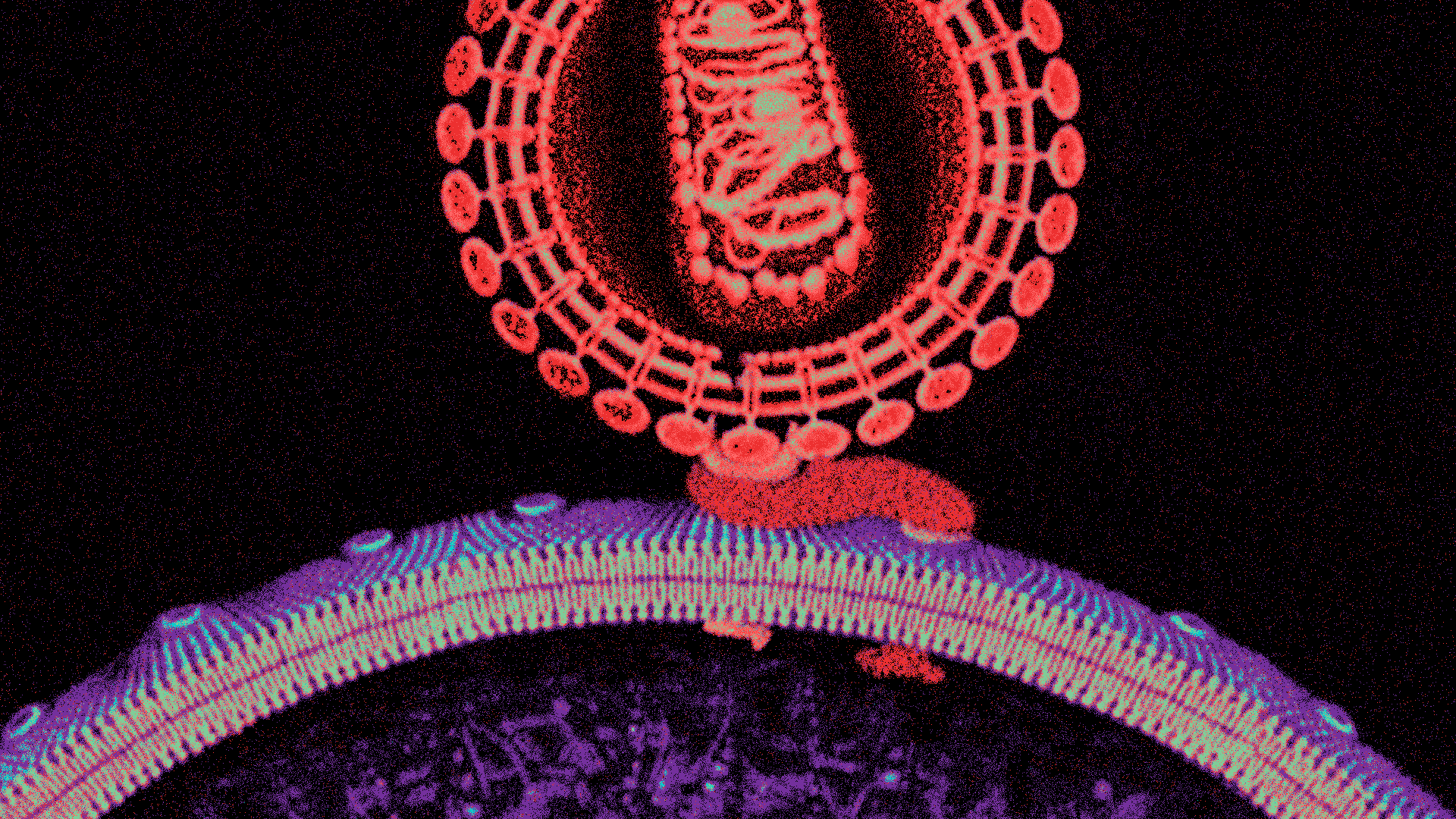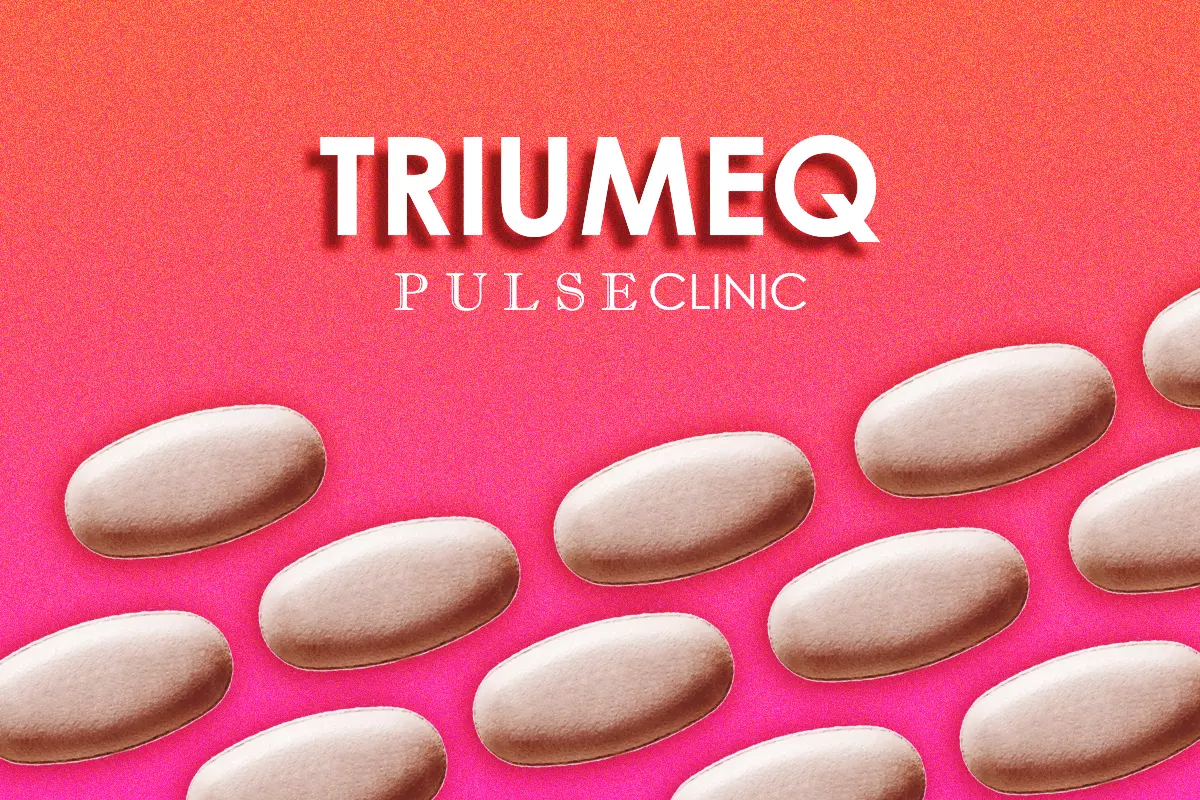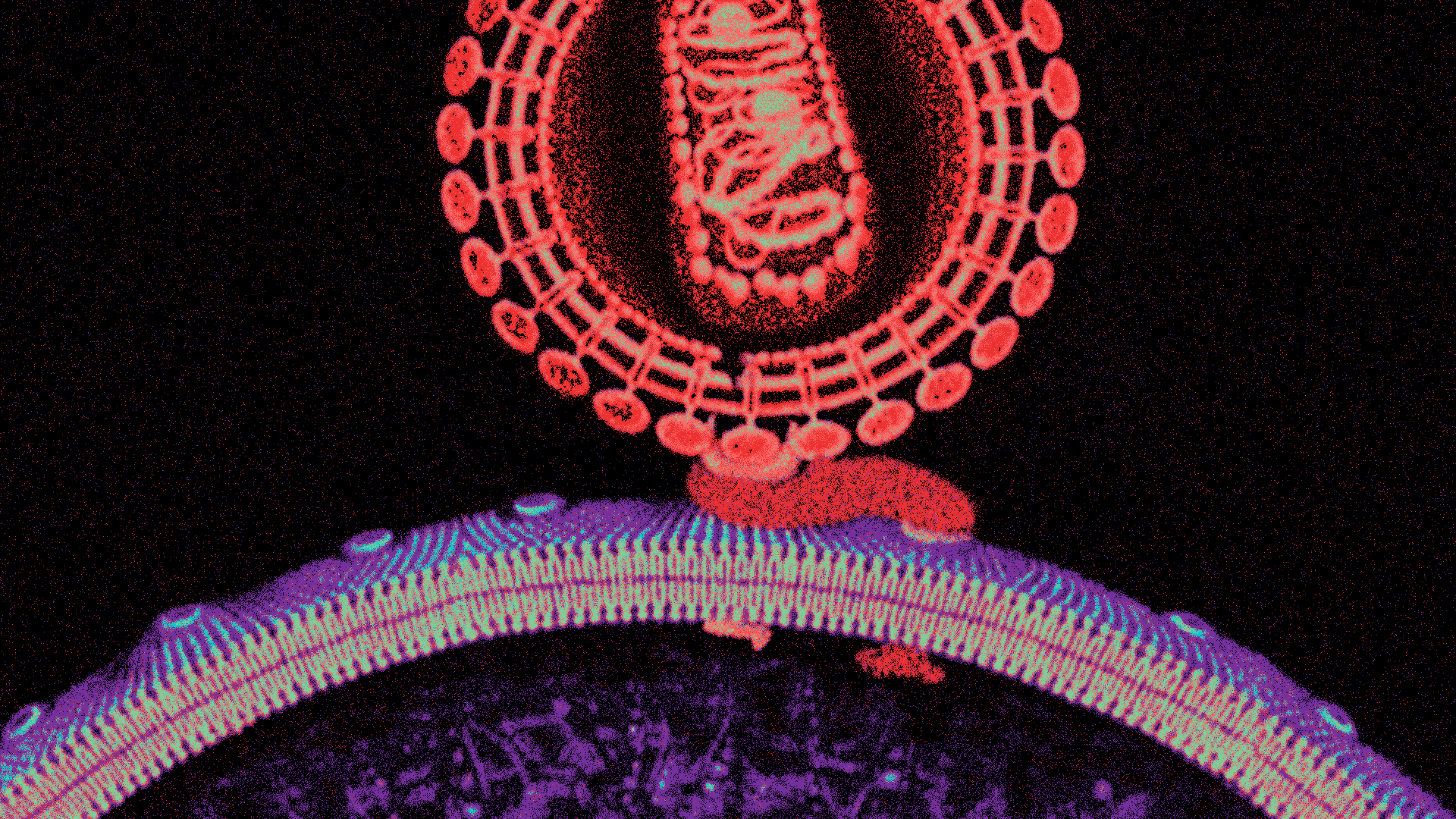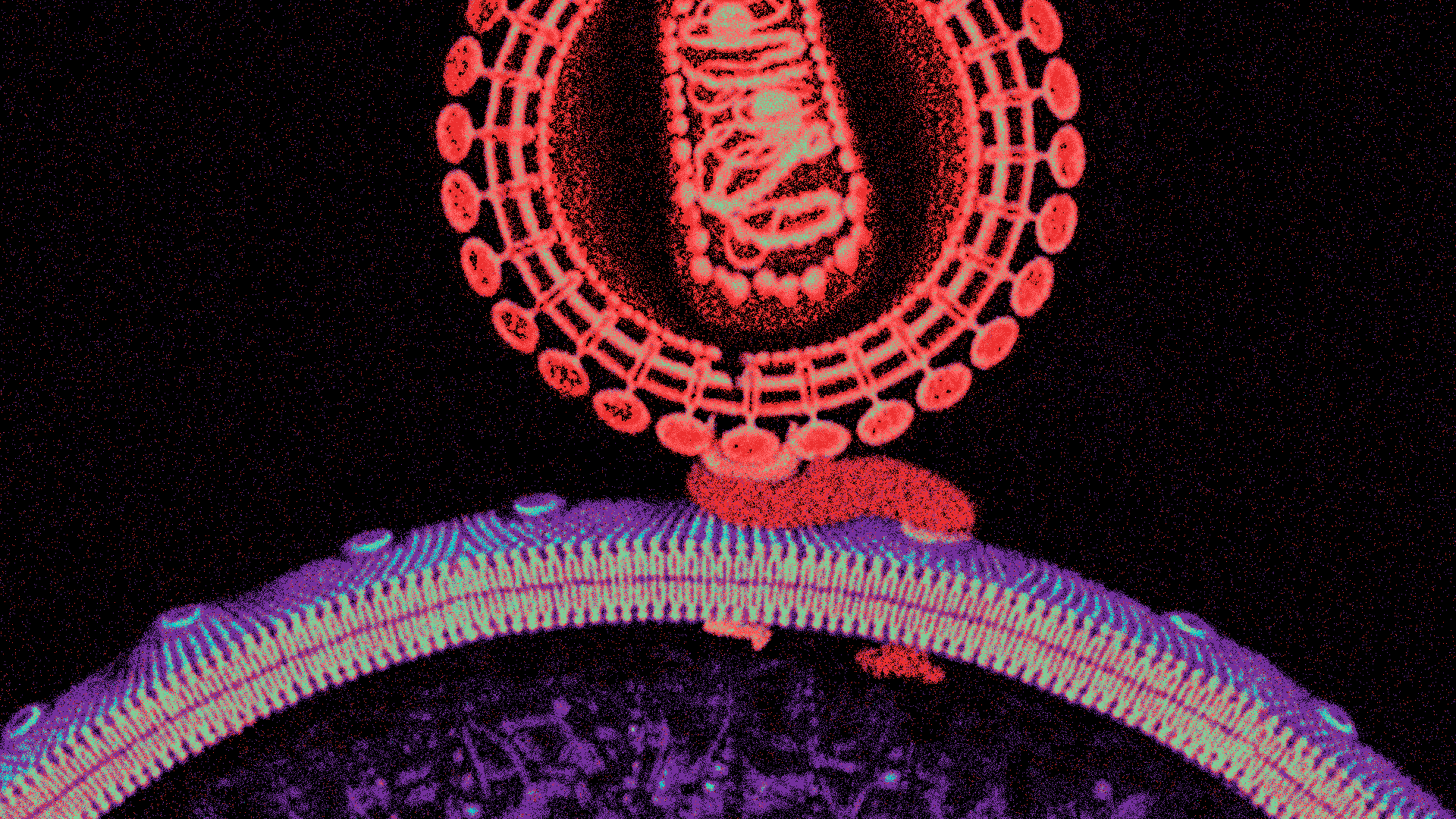HIV treatment in Thailand has improved significantly in recent years, thanks in part to increased funding and support from the government and international organizations. As a result, more people are able to access antiretroviral therapy (ART), which can help suppress the virus and prevent the progression of HIV to AIDS.
The Thai government provides free ART to all HIV-positive individuals who meet certain criteria, such as having a CD4 count (a measure of the immune system's strength) below 500 cells/mm3. In addition, the government has implemented programs to improve the availability and accessibility of ART, including mobile clinics and community-based distribution points.
In addition to the government's efforts, a number of non-governmental organizations (NGOs) and international organizations are working to improve HIV treatment in Thailand. For example, the United Nations Development Programme (UNDP) has provided support for the development of HIV care and treatment services, including training for healthcare workers and the establishment of treatment centers.
Despite these efforts, challenges remain in the provision of HIV treatment in Thailand. For example, stigma and discrimination towards people living with HIV can make it difficult for them to access care and treatment, and some individuals may not seek treatment due to fear of being judged or ostracized. In addition, there are still gaps in the availability of ART in certain regions of the country, and inadequate funding can limit the expansion of treatment programs.
Overall, however, the situation regarding HIV treatment in Thailand has improved significantly in recent years, and the country is considered a regional leader in the provision of ART. As the government and other organizations continue to work towards improving access to treatment and reducing stigma, it is hoped that even more people will be able to benefit from effective HIV care and treatment.









